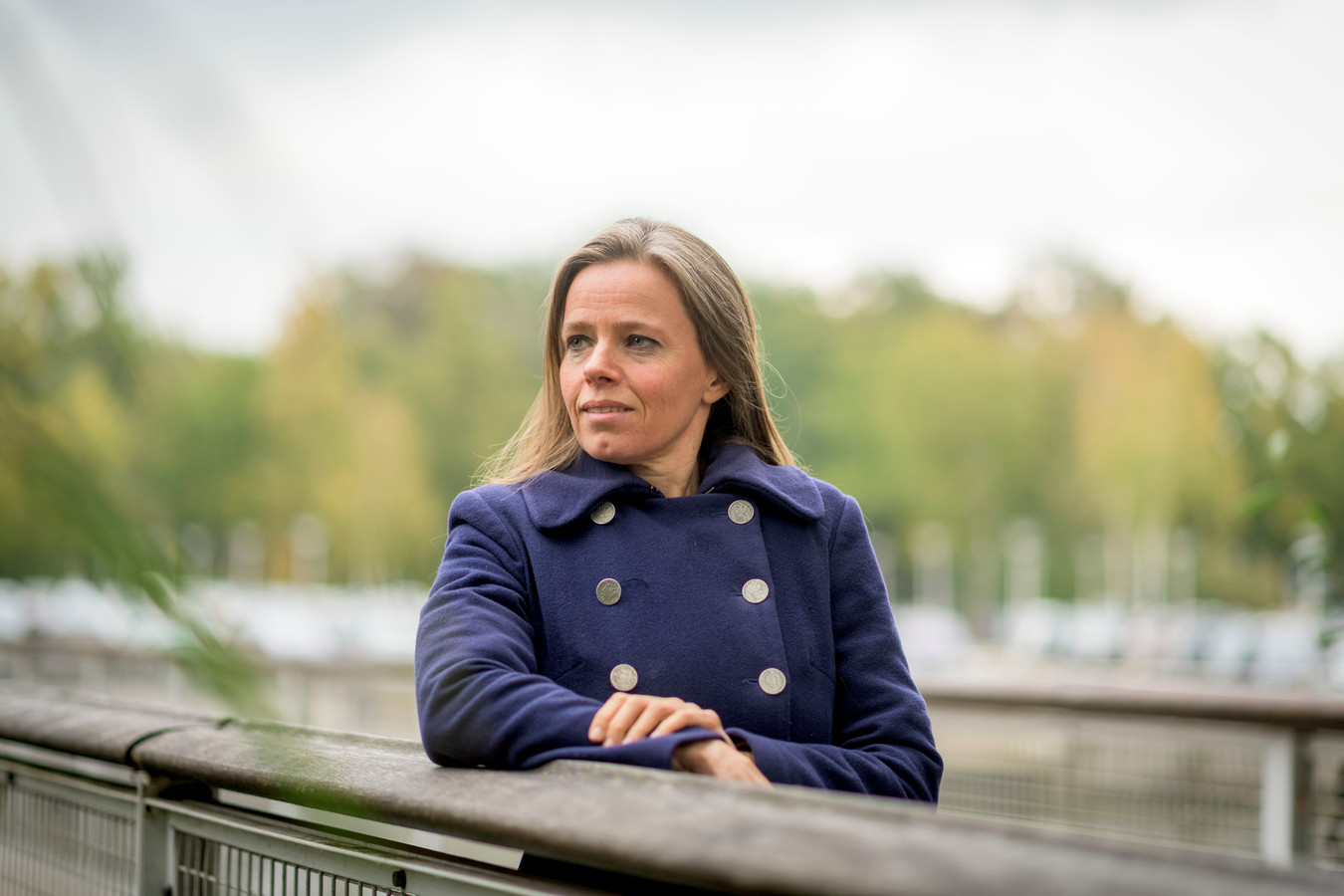
Marielle Stoelinga receives ERC Proof-of-Concept grant
19-Sep-2024
Autonomous transport, flying robots and, of course, artificial intelligence: just some of the technologies that will drastically change our lives in the coming years. The huge impact that these will have calls for even better risk assessment. Marielle Stoelinga, professor of risk management for high-tech systems at the University of Twente, previously received a Consolidator Grant from the European Research Council in order to develop a new model that will enable an improved and integrated assessment of both safety and security risks when taking decisions. In this project (which is called CAESAR), she has taken important steps to integrate two risks that used to be treated as separate issues: safety (e.g. unintentional accidents) and cybersecurity (e.g. attacks by hackers).
Stoelinga: ‘With the PoC project RUBICON, we are building a software tool that will help improving risk assessment when taking decisions. We are specifically looking at conflicts that arise in the field of safety and security: for instance, leaving your front door open at night may be good for your safety in case there is a fire, but it may be bad for security in case there is a burglary. The RUBICON tool should identify these kinds of trade-offs and weigh their pros and cons against each other.’
Stoelinga mentions some key aspects of the project: “Within CAESAR, we have previously developed a language to query risk models. We now want to extend this query language to a larger group of risk models. Furthermore, many parameters in risk models are uncertain. For example, it is difficult to determine exactly what the probability of a ransomware attack is. To gain better grip on such uncertainties, we will use techniques such as fuzzy logic and Bayesian updates. Finally, we will look at powerful algorithms to calculate risk models in order to make good trade-off decisions.”
More info here.